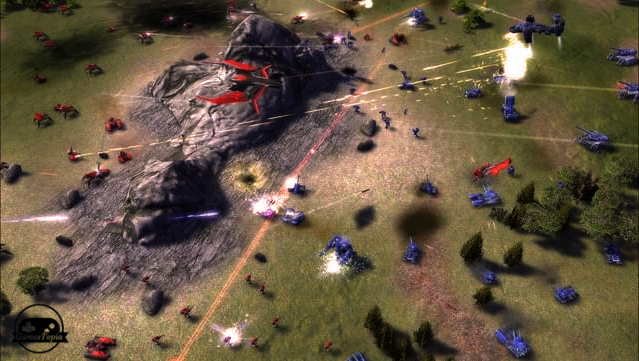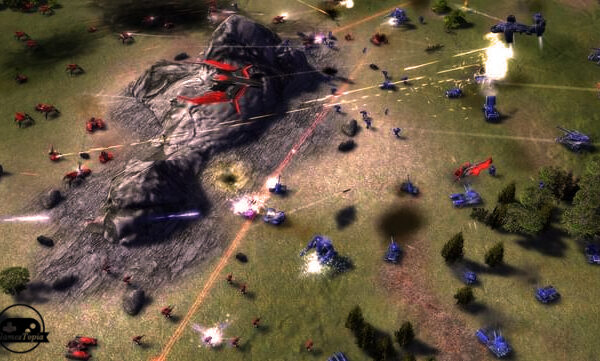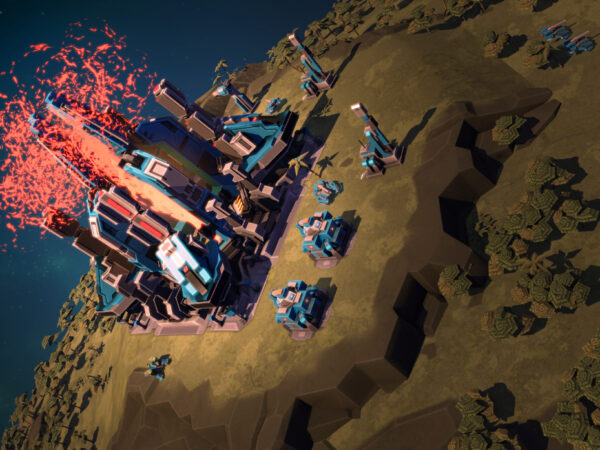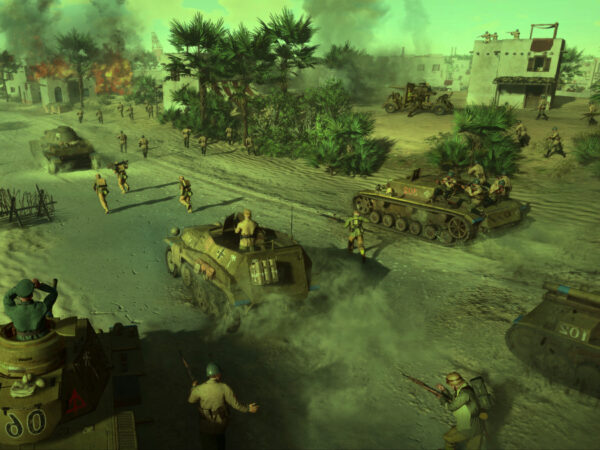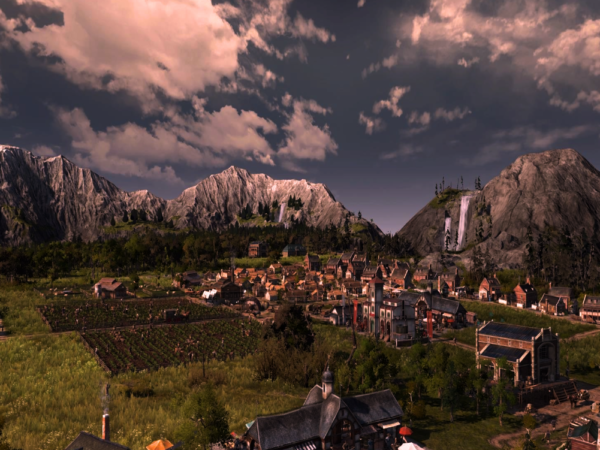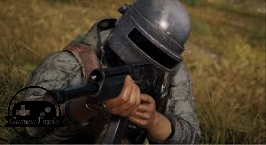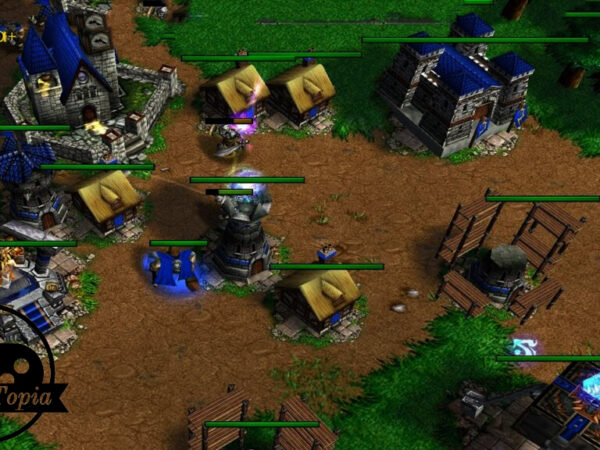Strategies of the Supreme Commander: How to Win the Battle
Contents
- 1 Introduction
- 2 The first thing that you need to do is learn about the terrain.
- 3 You should know where enemy forces are located.
- 4 You also need to know what resources and supplies are available.
- 5 You will want to examine the types of weapon systems that are available.
- 6 Another important piece of information that you need is an assessment of the morale of your forces.
- 7 When you know all these things, it’s time to make your plan.
- 8 Knowledge of the situation is power in war
- 9 Conclusion
Introduction
There are many factors that play into the outcome of a battle, and one of the most important is knowledge. The more you know about your situation, your enemy, and the terrain, the better prepared you will be for any given situation on the battlefield. Of course, every war is different, so there’s no one strategy that works for every situation. However, there are some general principles that apply across all strategic situations:
The first thing that you need to do is learn about the terrain.
This includes knowing where your enemy is, what resources are available in that area and what weapon systems they have at their disposal. You also need to take into account their morale when planning your attack or defense.
You should know where enemy forces are located.
This will help you determine how many of them there are and what they are armed with. It’s also important to know their morale and whether or not they have any weaknesses that could be exploited by your own forces.
You also need to know what resources and supplies are available.
Resources are the things you need to fight a war, such as food and water. Supplies are things like ammunition and fuel for your vehicles. You may find out about these things from your allies, or by using an espionage unit on enemy territory that can tell you what they’ve seen of the battlefield (such as an aerial reconnaissance drone).
If you don’t know what resources or supplies are available at any given time in your battle plan, then there’s no way for anyone else involved with executing that plan–including yourself–to know either! It’s important for every member of any team working together towards common goals (like winning battles) to share information freely so everyone understands where they stand relative to each other at all times
You will want to examine the types of weapon systems that are available.
You will want to know how and why these weapons work, as well as how to repair them, maintain them and transport them. It is also important for you to understand the limitations of each system so that you can use it effectively in battle.
In order for your soldiers to be effective in combat, they must have access to an adequate supply of ammunition for their weapons. This means having enough ammunition at all times so that they don’t run out during battle or while moving through enemy territory (where resupply may not be possible).
Another important piece of information that you need is an assessment of the morale of your forces.
You should also be aware of the morale of your forces. Morale is a key factor in determining success, and it can be affected by many things. If you’re in a battle with another commander and they have high morale while yours is low, this could be a problem because there are many factors that contribute to whether or not people will fight for their cause or not. For example:
- If someone feels that they aren’t being treated fairly by their commander (for example if they are promised promotions but never receive them), then they may stop working hard for the cause and become disenchanted with it overall.* If there is no cause at all (such as if everyone decides they want something different than what was originally agreed upon), then this will have an effect on how well everyone performs during battles.* If someone feels like their life could be in danger because of some aspect related to fighting (like being shot at), then again there would likely be negative consequences like decreased morale among soldiers because nobody wants to die!
When you know all these things, it’s time to make your plan.
The plan should take into account all of the information at your disposal and be realistic and achievable. You need to communicate your plan with everyone involved in its implementation so that they know what they are supposed to do and when they should do it. Additionally, once the first phase has been completed (or even during), review and update your strategy as necessary based on new information or changing circumstances.
Knowledge of the situation is power in war
You must know the terrain, the location of your forces, and what resources are available. You also need to know what weapon systems are available for use. Finally, you should have a good idea of your own troops’ morale.
Knowledge is power in war–it’s as simple as that.
Conclusion
When you know all these things, it’s time to make your plan. You should always be prepared for the unexpected and have a backup plan in case something goes wrong.

